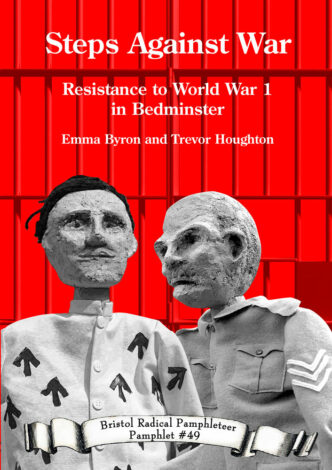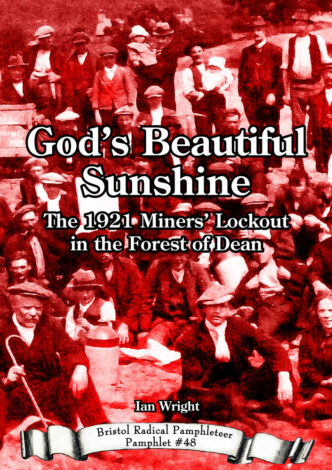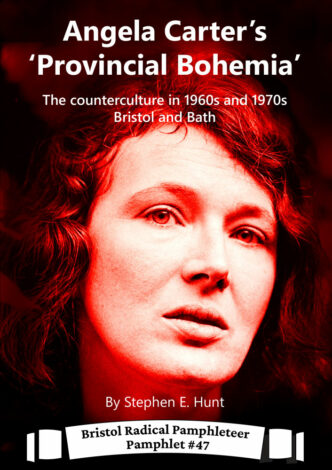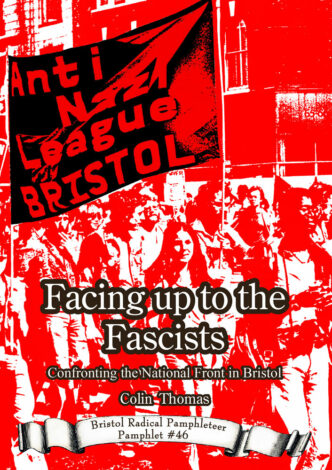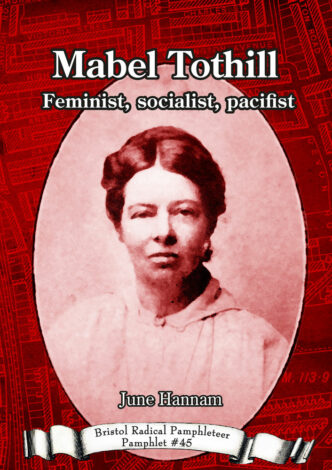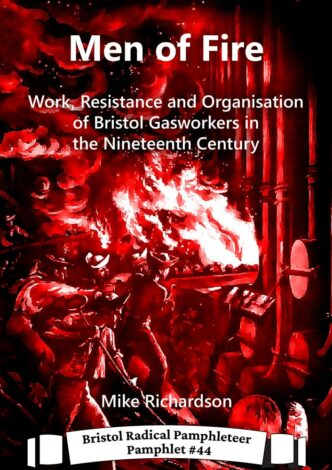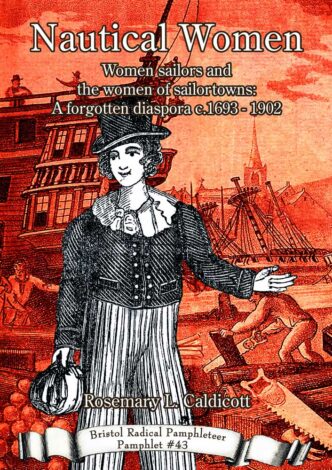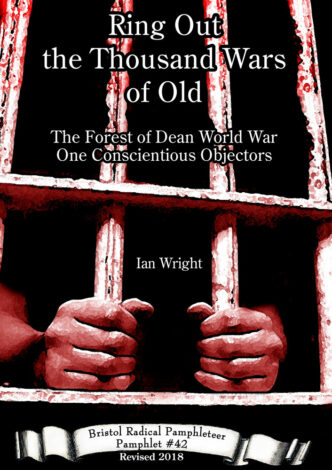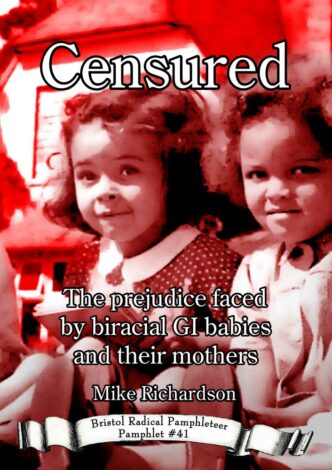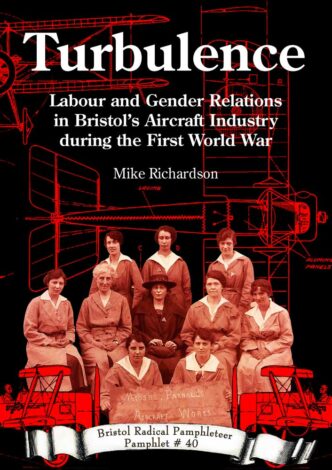In World War 1 there were at least 40 conscientious objectors in Bedminster, as well as others who resisted the war and conscription. Fred Berriman took an uncompromising stand and faced repeated prison sentences. Annie Chappell co-ordinated a network of support for objectors. William Livingston went on the run in Scotland with London anarchists. George Barker and Walter Told excavated a secret chamber beneath a bike shop to hide objectors and deserters. These individuals were part of a network […]
In 1921, in response to a severe depression in the coal trade, colliery owners, supported by the government, slashed labour costs. Refusing to accept this cut in wages, a million British miners, including many war veterans, were locked out of their pits. The consequences for the 6,000 Forest of Dean miners, their families and the whole community, was brutal. However, the miners fought a determined battle for an alternative which included public ownership of the mines with decent pay and […]
Socialist and feminist novelist Angela Carter is one of the most acclaimed late-twentieth-century English writers, famous for short-story collections such as The Bloody Chamber and novels including Nights at the Circus and Wise Children. Angela Carter’s ‘Provincial Bohemia’ takes Carter’s life and work in Bristol (1961-1969) and Bath (1973-1976) as a starting point to explore the artistic, radical and experimental communities that flourished at that time. Newly recorded interviews and other […]
As the ultra-right tries to spread its message of hate, Colin Thomas reminds us that we have been here before. This is how the Anti-Nazi League and Rock Against Racism resisted the National Front in Bristol in the 1970s and 80s – and won.
June Hannam’s pamphlet examines the life and work of Mabel Tothill (1869 – 1964), Quaker peace campaigner, socialist and Bristol’s first woman councillor. It reveals how this committed social activist was part of a complex network of individuals and organisations working to improve the lives of Bristol women and men. As a campaigner for women’s suffrage and a stalwart of the Independent Labour Party, Mabel saw the causes of women and labour as intertwined. Her interest in education and desire to […]
The emergence of ‘New Unionism’ in 1889, and the accompanying outburst of strikes across the country, was one of the most extraordinary and significant events in trade union history. Tens of thousands of ‘unskilled’ labourers, men and women, struck work, demanding an immediate improvement in their working conditions. In Bristol, gasworkers were at the helm of this revolt. Exasperated by the directors of the Bristol United Gas Light Company’s habitual disregard for their employees, early in […]
In Nautical Women, Rosemary Caldicott explores the stories of women whose lives were inextricably linked to the sea. She tells of the women of sailortowns struggling to keep out of the dreaded workhouse and resisting the prowling press gangs; and of the courageous and skilful cross-dressing women sailors who went to extraordinary lengths to hide their gender. We learn about these women’s motivation as well as their adventures and inevitable exposure. Rosemary Caldicott also considers the fate of […]
During World War One, 28 men from the Forest of Dean sought recognition as conscientious objectors rather than be called up to fight. This is the story of these men, the options available to them, the way they responded and what they did after the war. Ring Out the Thousand Wars of Old explores the role that religion, class, culture and place had on these individual decisions. It argues that the actions of the conscientious objectors were an expression of a much wider anti-war sentiment, […]
Mike Richardson’s intriguing account of his aunt, Beatrice Richardson and her biracial daughter Gillian, brings into stark relief the racism and sexism that existed in Britain during and after the Second World War. Sexual relationships between white British women and black American soldiers were regarded with disapproval both in the governing establishment and among many ordinary people. The women, the men and their children faced innumerable obstacles. Censured reveals the extent to which the […]
Turbulence describes how the expanding armaments industry of the First World war drew thousands of unskilled and semi-skilled workers – women as well as men- into Bristol’s aircraft factories. Skilled men in the workforce resented their arrival. They also defended their own exemption from military conscription. Opposition to the dilution of skills through changes in the production process sometimes combined with traditional male hostility towards women at the work place. Nevertheless the […]
